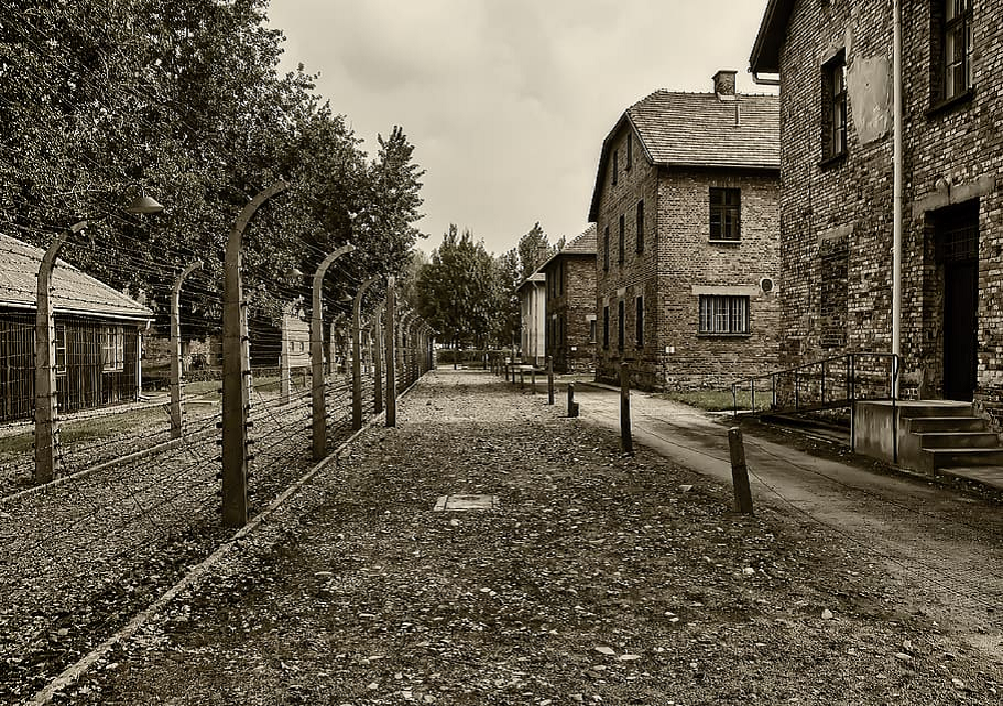US Supreme Court hears Holocaust survivors’ cases against Hungary and Germany

December 9: The US Supreme Court, wary in the past of cases concerning conduct by and against foreigners that took place abroad, heard arguments on Monday over whether American courts have a role in deciding whether Hungary and Germany must pay for property said to have been stolen from Jews before and during World War II, The New York Times reported.
But the gravity of the human rights violations described in the two lawsuits persuaded a federal appeals court in Washington to let the two cases move forward. The Trump administration took issue with the rulings, filing briefs and presenting arguments supporting efforts to limit review in American courts.
The Hungarian case, Republic of Hungary v. Simon, No. 18-1447, was brought by 14 Holocaust survivors, four of them United States citizens, who said their property was stolen by Hungary and its state-owned railway, which deported hundreds of thousands of Jews to Nazi death camps in the summer of 1944.
Sarah E. Harrington, a lawyer for the plaintiffs, urged the justices to consider that historical context.
“Hungary took everything the plaintiffs owned, including possessions necessary to survive, such as shelter, clothing and medicine, and the undisputed purpose of Hungary’s takings was to bring about the physical destruction of Jews in Hungary,” she said. “That is genocide.”
The German case, Federal Republic of Germany v. Philipp, No. 19-351, concerns the Guelph Treasure, a trove of medieval religious art that was once owned by a consortium of Jewish art dealers in Frankfurt and that is now estimated to be worth $250 million. In 1935, the families of the dealers say, the consortium was forced by the German authorities to sell the collection for far less than it was worth.
The 42 pieces in the collection are now in the Museum of Decorative Arts in Berlin. In 2014, a German commission determined that the museum had acquired the collection legitimately and did not need to return it.
The commission said the 1935 sale was voluntary and came after a yearlong negotiation that resulted in a price about halfway between the two sides’ opening positions. The families said the consortium was coerced to sell in the face of sustained persecution.
Three-judge panels of the United States Court of Appeals for the District of Columbia Circuit ruled against both Hungary and Germany, saying the cases could proceed.
The basic legal question for the justices in both cases is whether the disputes should be resolved by American courts. A federal law, the Foreign Sovereign Immunities Act of 1976, generally bars suits against foreign states. The law has some exceptions, including one for the expropriation of property, and American courts have sometimes declined to hear cases against other nations for fear that doing so would interfere with international comity.
Sign up for our weekly newsletter to stay up to date on our product, events featured blog, special offer and all of the exciting things that take place here at Legitquest.




Add a Comment